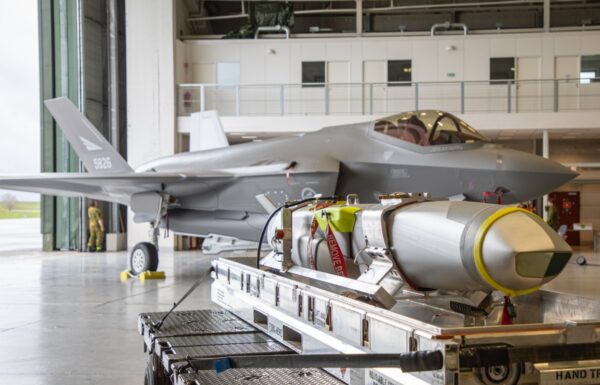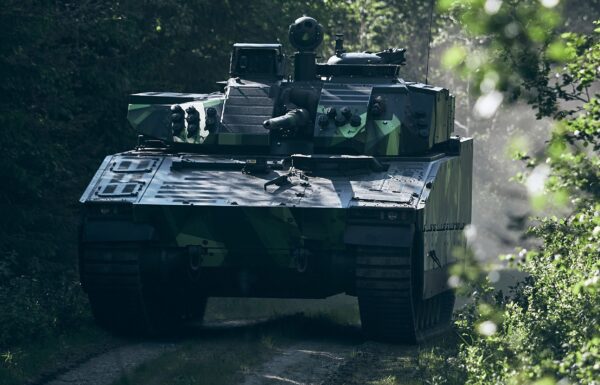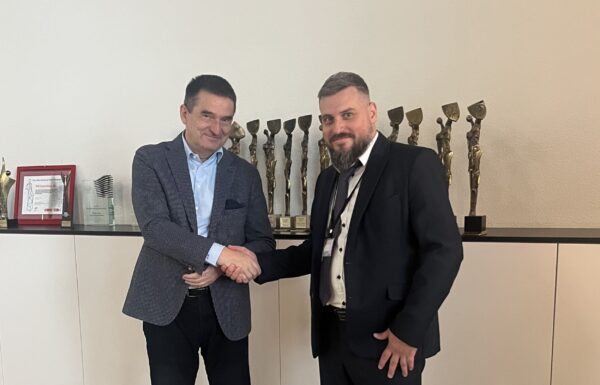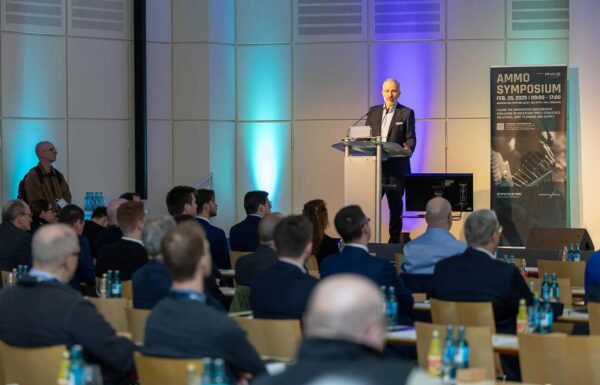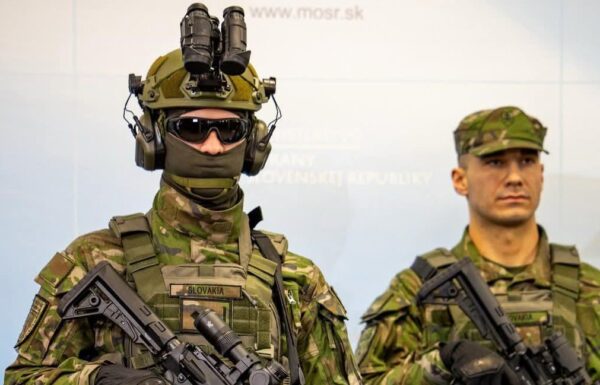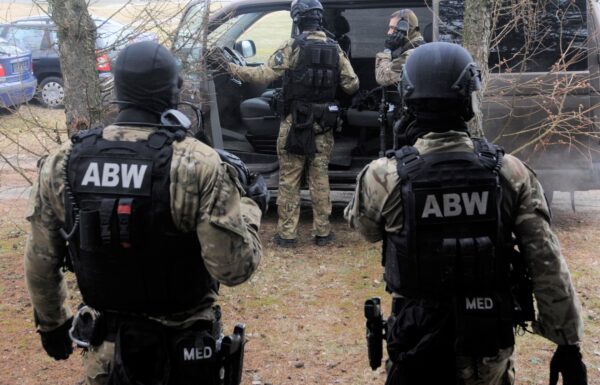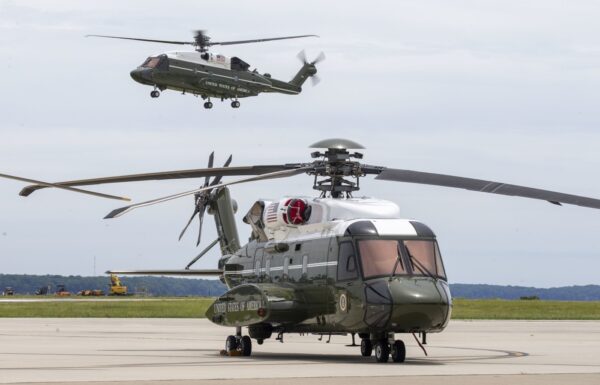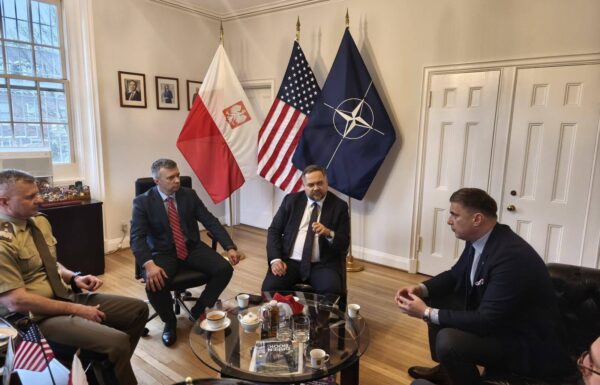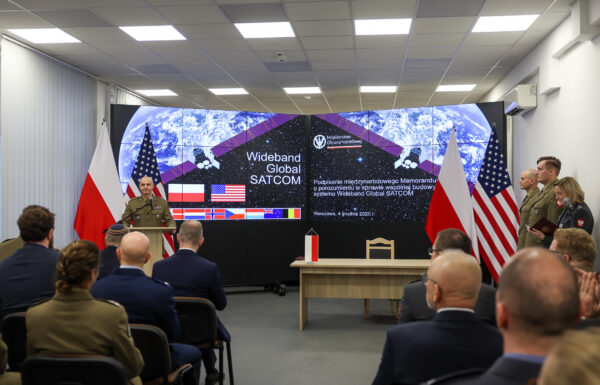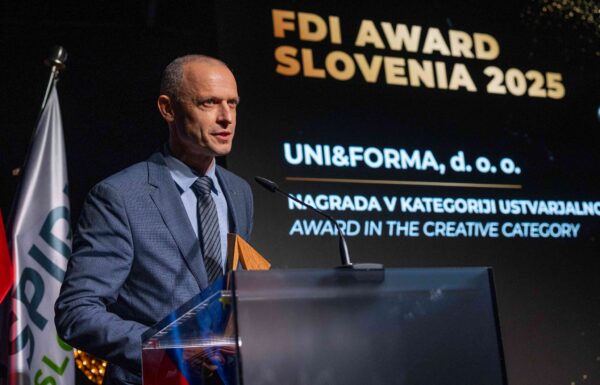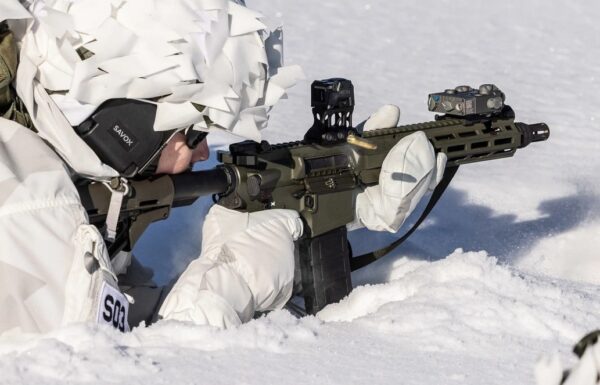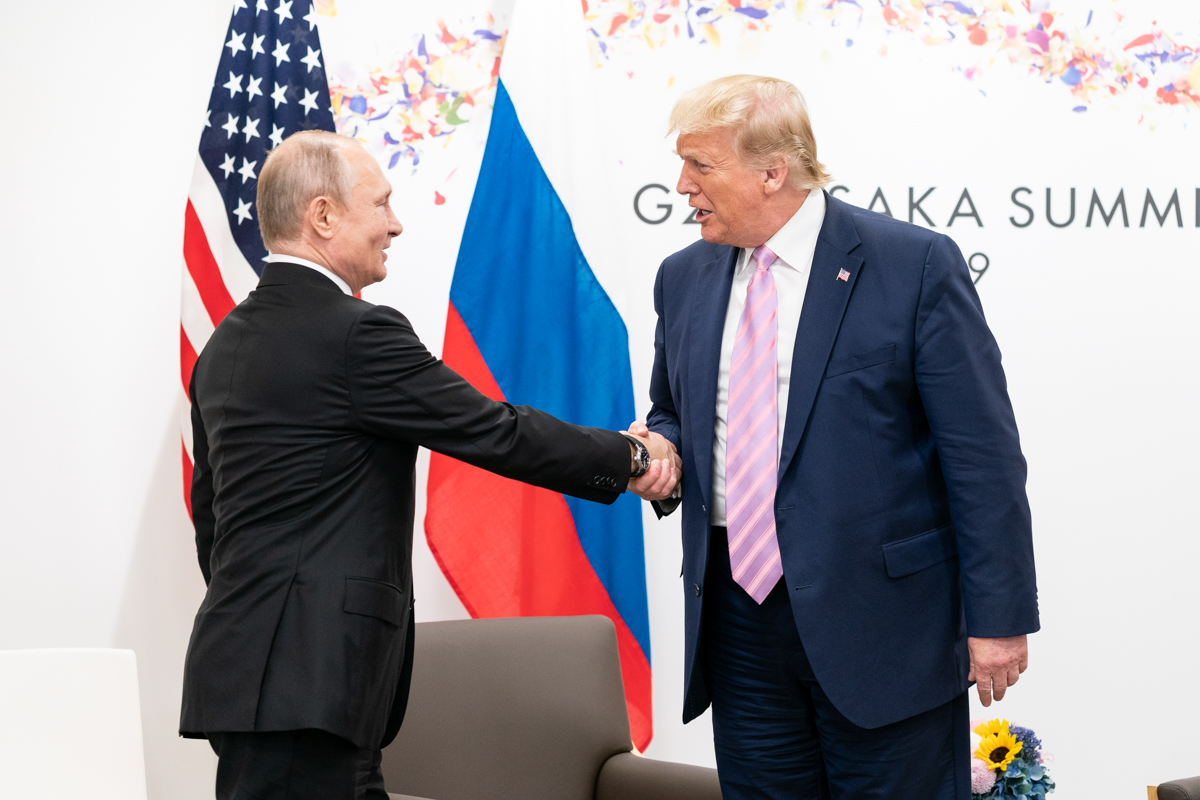European allies of the United States are watching Donald Trump’s actions with visible surprise and concern. This may be quite surprising, considering that he has already spent one term in the White House, and it was not the best in terms of relations. During his four-year break and throughout the election campaign, Trump behaved more like a showman than a statesman. Expecting him to act differently after taking office was a great naivety.
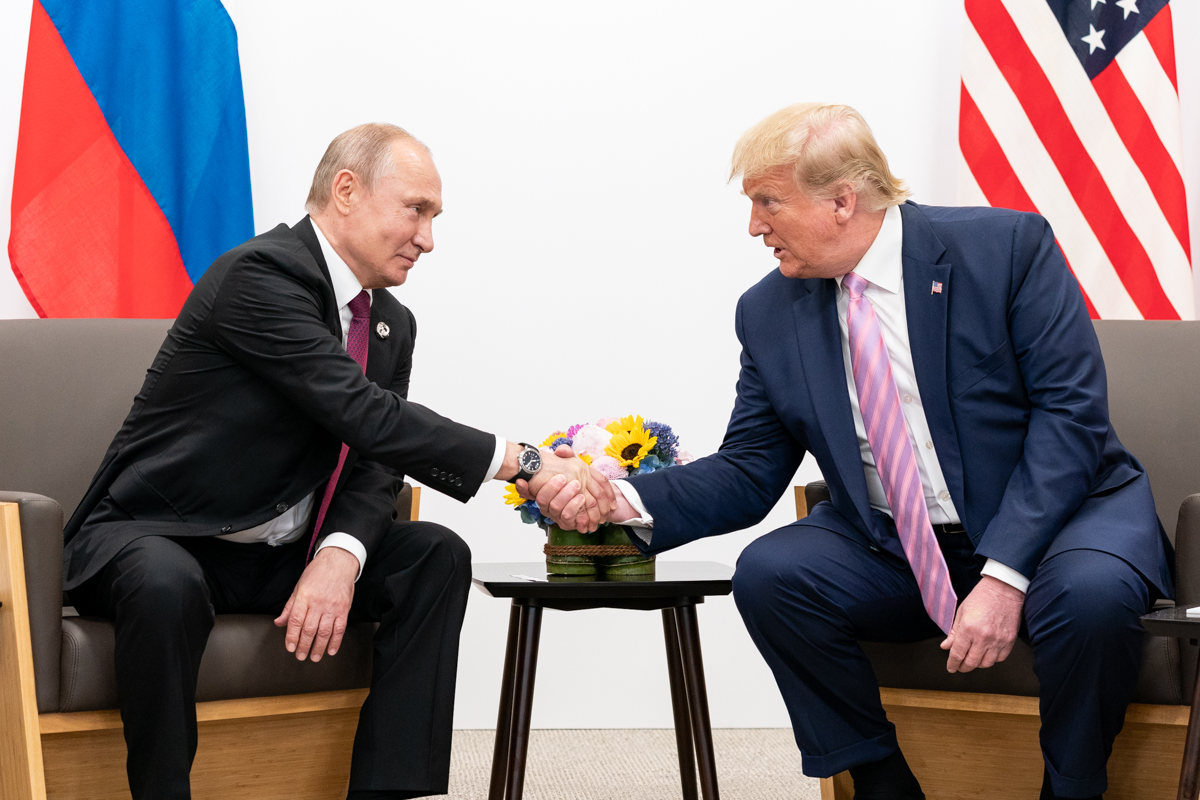 The last meeting between Putin and Trump during the G20 Summit in Osaka in 2019 / Photos: Shealah Craighead, White House Press Service
The last meeting between Putin and Trump during the G20 Summit in Osaka in 2019 / Photos: Shealah Craighead, White House Press Service
Therefore, it may be surprising that European politicians are taken aback by the steps he has taken, even though he had already announced during his campaign that he intended to talk to Putin. In his statements, he also made it clear that he sided with Putin and that Ukraine should surrender its territories and abandon its pro-European ambitions.
Therefore, it is once again surprising to see many politicians and commentators express astonishment when he clearly stated that Ukraine’s return to its pre-2014 borders and its accession to NATO are unrealistic. This is exactly what he promised during his campaign, and he has been consistently pursuing this policy.
The only uncertainty was whether he would limit aid to Ukraine or not. However, it is an open secret that Trump is highly sensitive when it comes to money and his image. In conversations, Ukrainian politicians said after the U.S. elections that they hoped American defense corporations would explain to him that supplying weapons to Ukraine is a highly profitable business and that, as a result, U.S. assistance would not be reduced.
They did explain. And in the process, they also mentioned that Ukraine has significant reserves of rare metals. Trump simply wants to secure them, regardless of Ukraine’s future. However, the U.S. president should understand that politics is not just about figures in a spreadsheet but about complex relationships built over years. These relationships are now deteriorating at an extremely rapid pace.
Foreign Policy for Beginners
Trump had already demonstrated during his previous term that international security policy is not his strongest suit. This was most evident during the negotiations and withdrawal of troops from Afghanistan, and now he is threatening U.S. allies Canada and Denmark while making territorial demands against Panama.
Moreover, his electorate is not interested in foreign policy matters. Only 5% of voters care about foreign policy, and half believe that aid to Ukraine is excessive. The same view is shared by Vice President-elect J.D. Vance, who, right after the start of the full-scale war in February 2022, stated, “I don’t really care what happens to Ukraine one way or another.” Trump has expressed similar sentiments. This poses a serious problem not only for Ukraine but also for Europe.
Donald Trump portrays himself as a strong leader who can achieve anything with a single phone call. He demonstrated this by calling Putin without prior consultation with allies—a significant affront that puts others in their place. However, such an approach to politics could backfire if he fails to achieve a peace agreement while Europe continues to collectively support Ukraine. In that case, his image could suffer.
This behavior is particularly concerning in Kyiv, where there are fears that Trump might conduct peace negotiations over the heads of the Ukrainians. This is not an unrealistic scenario, given how Trump treats Volodymyr Zelenskyy in a transactional manner.
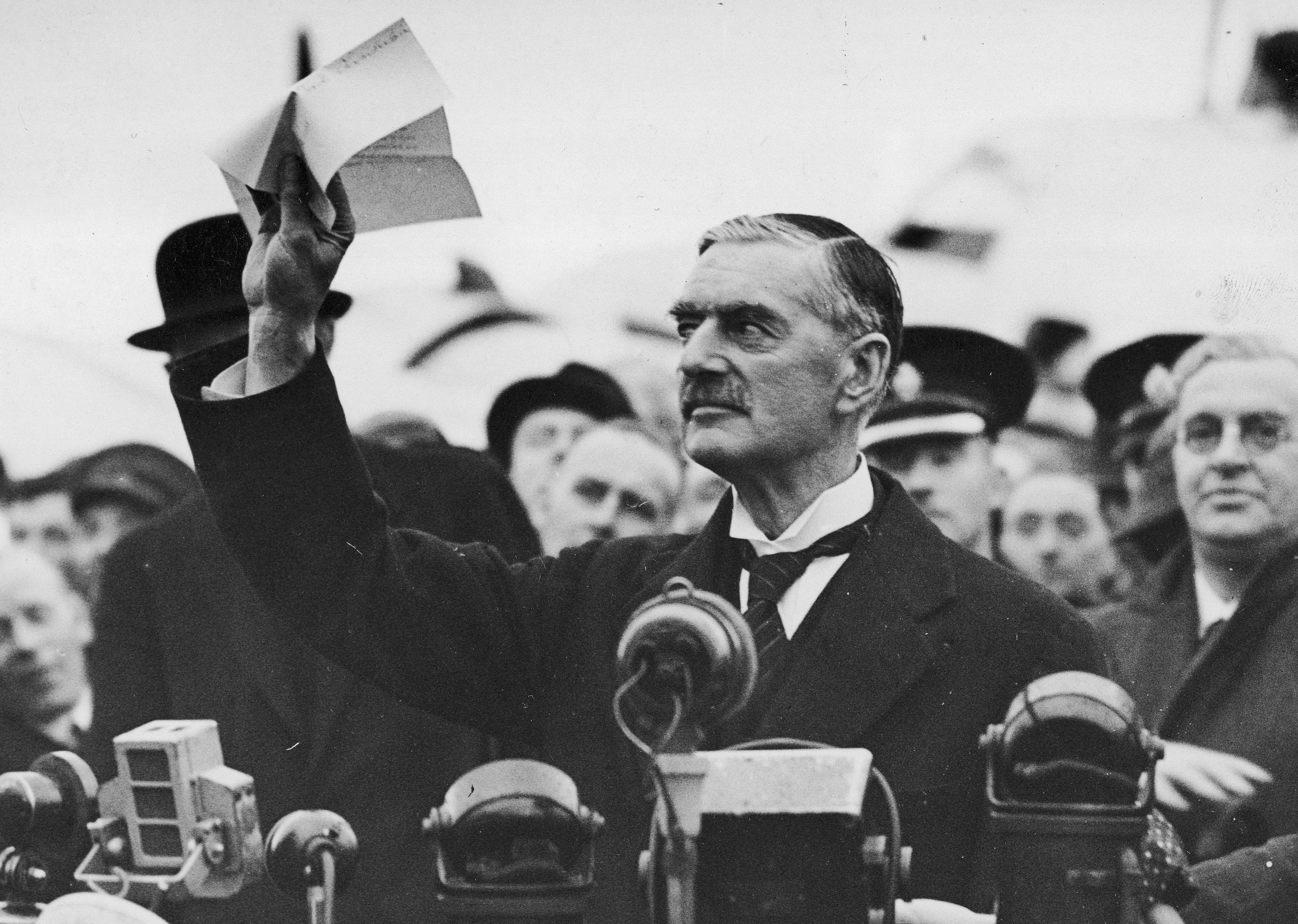 British Prime Minister Neville Chamberlain with the British-German declaration (resolution) of the Munich Agreement / Photo: National Digital Archives
British Prime Minister Neville Chamberlain with the British-German declaration (resolution) of the Munich Agreement / Photo: National Digital Archives
Historical References
Therefore, the historical references that have emerged in public discourse are entirely justified. In Munich, the British and Germans decided the fate of Czechoslovakia over the heads of those directly affected, just as in Yalta, the Americans and Soviets first presented the British with a fait accompli and then did the same to the whole of Europe.
Like Chamberlain, Trump waves a piece of paper, claiming to bring peace, just as Chamberlain argued that handing over the Sudetenland to Hitler would guarantee Europe many years of stability. Now, a similar outcome is likely with the surrender of Crimea, Donbas, and the occupied parts of the Zaporizhzhia and Kherson regions to Putin. The Minsk agreements were supposed to guarantee peace, yet Vladimir Putin tore them up as soon as he deemed his military reforms complete.
What would stop him from doing the same again in a few years once he rebuilds his military capabilities? Absolutely nothing. And Trump is only fueling Putin’s confidence, just as Chamberlain emboldened Hitler. A few months later, Europe plunged into a war that escalated into a global conflict. In this case, however, Russia will likely need around a decade to recover from the heavy blows it has suffered in Ukraine and to rebuild its military strength.
Moreover, Trump still has no concrete plan to end this war. And he won’t for a long time, because the problems of the Old Continent are simply not his priority. Europe must start preparing to take responsibility for its own security in an era of diminishing U.S. support. This means accelerating the development of advanced technologies, strengthening its domestic defense industry, and continuously increasing investment in its armed forces. Without these efforts, security in the region cannot be guaranteed.
Read also:


